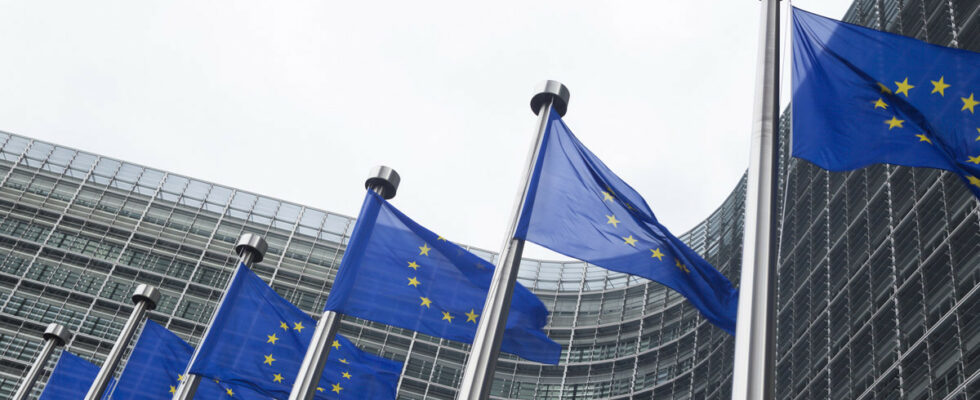The European Union is taking up the issue of pornographic deepfakes. And all those produced with the idea of harassing or harming a person will be criminalized in the future.
The Taylor Swift pornographic deepfake affair, which had a global impact and even led to emergency measures being put in place on X.com, illustrated the dangers of AI-generated pornographic images. This technology can in fact be very easily used to humiliate or harass a person, by imitating their most intimate moments. This is why Brussels has decided that this type of initiative should no longer be allowed to go unpunished in the future.
Brussels wants to crack down
Alongside all its contributions, generative AI also poses a certain number of problems. In particular, it can be used to easily produce degrading images, using inexpensive and easy-to-use tools. It is by taking this aspect into account that the European Union has decided to integrate control and criminalization measures into its draft directive intended to combat domestic violence and different forms of violence against women.
In the future, pornographic deepfakes unsolicited by the person possibly represented will be made illegal. It must be said that beyond Taylor Swift, many public figures have already complained about this type of production, not to mention the unknown number of individuals who are also victims of technology.
Helping EU victims without legal means
With this new legal framework, the notion of revenge porn could change. A person may be convicted of this offense, even if they do not publish real sexual content, but a simple representation obtained using AI.
The directive also criminalizes other attacks such as cyberharassment, cyber-stalking, misogynistic hate speech or the non-consensual sending of “nudes”. Brussels’ objective is to offer a possibility of legal recourse to people living in EU countries where these attacks are not punishable by criminal law. “ This is an urgent question, given the exponential spread and dramatic impact of online violence » indicated the European Commission in its announcement.
Source : Engadget

9